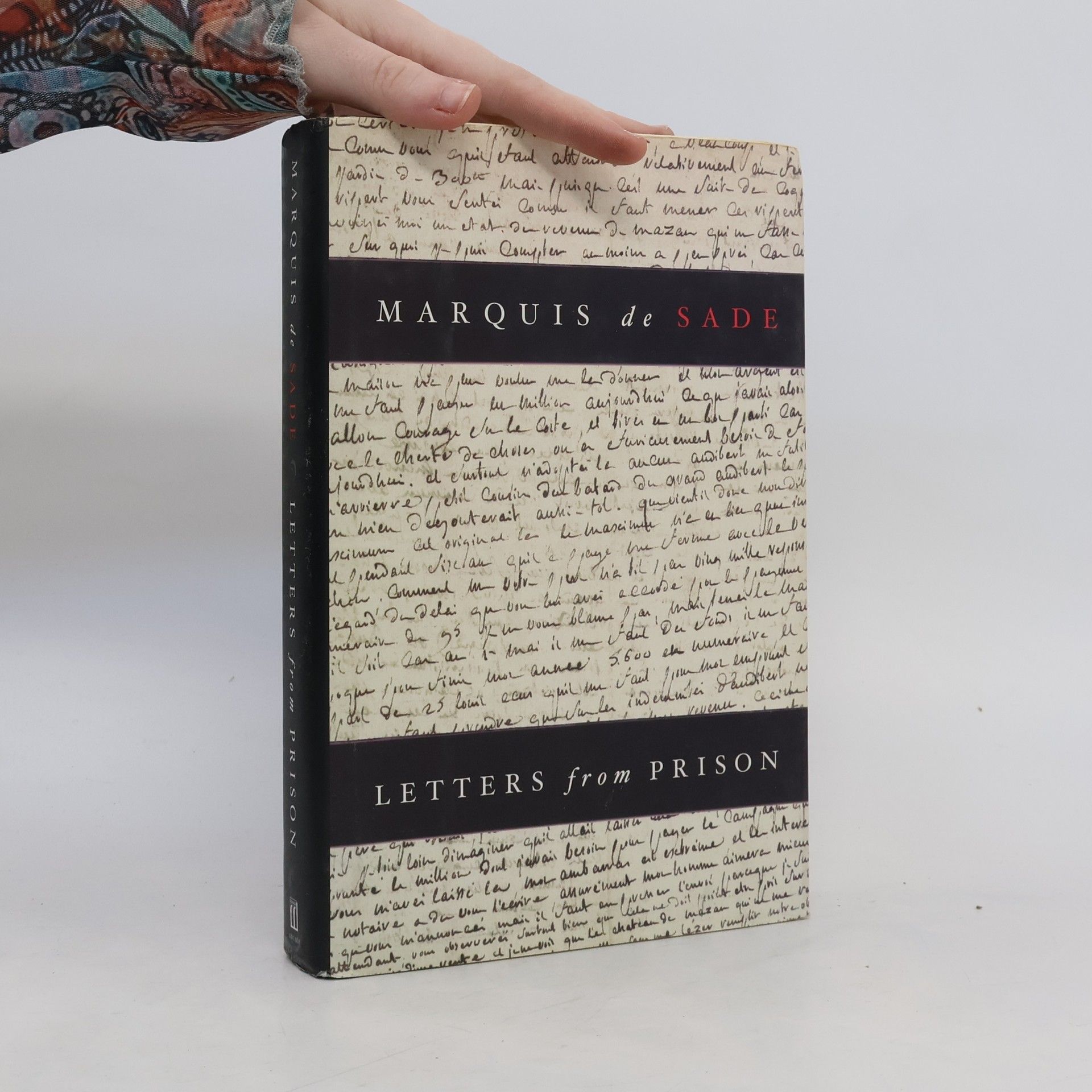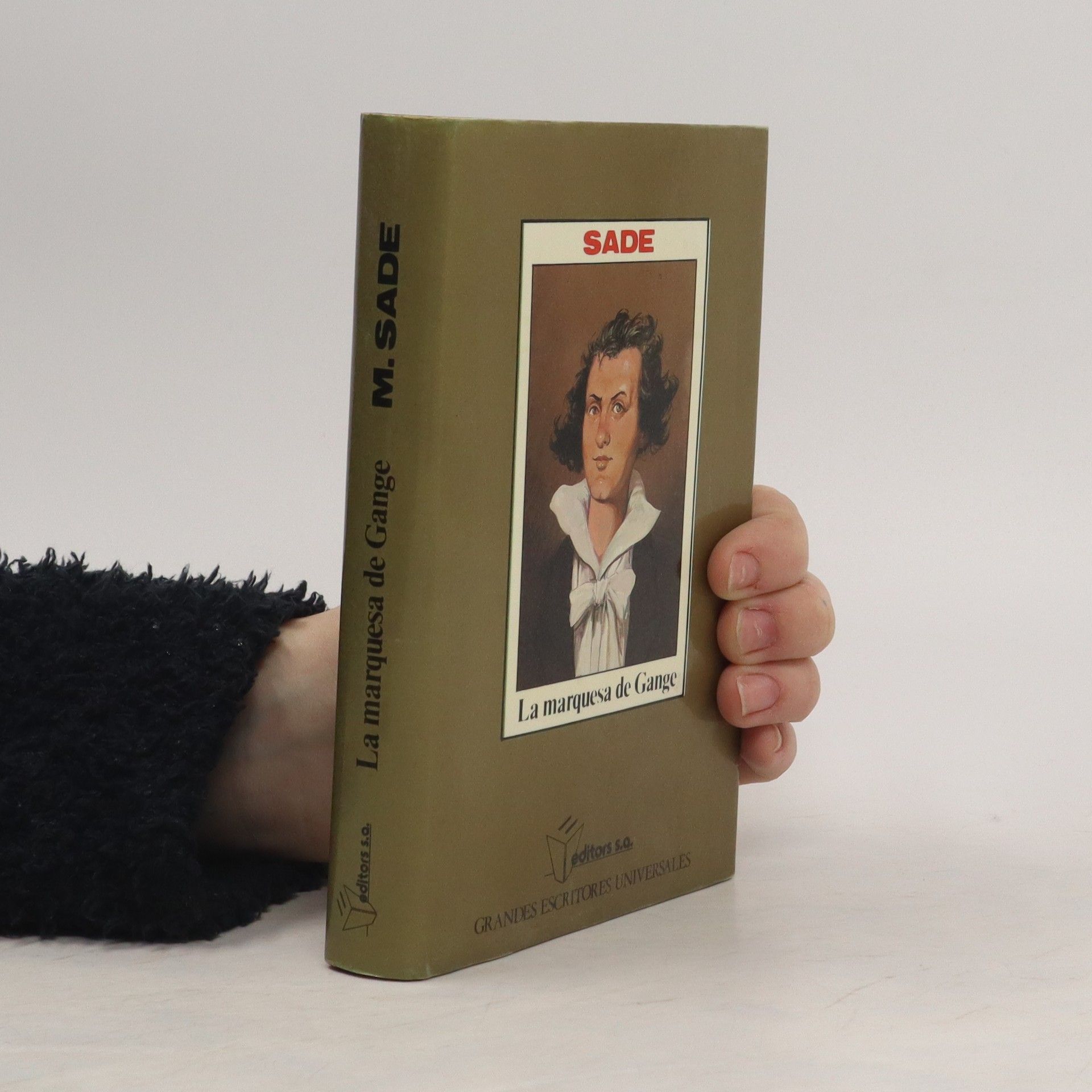Justine
- 320 páginas
- 12 horas de lectura
Obra del gran autor Marques de Sade que ha sido editada y revisada en espanol con una taduccion unica.







Obra del gran autor Marques de Sade que ha sido editada y revisada en espanol con una taduccion unica.
Part of Sade's The Crimes of Love cycle, this shocking tale - which was among the writings banned for publication until the twentieth century - tests the limits of morality and portrays the disastrous consequences of freedom and pleasure.
The 1990s have seen a resurgence of interest in the Marquis de Sade, with several biographies competing to put their version of his life story before the public. But Sadean scholar Richard Seaver takes us directly to the source, translating Sade's prison correspondence. Seaver's translations retain the aristocratic hauteur of Sade's prose, which still possesses a clarity that any reader can appreciate. "When will my horrible situation cease?" he wrote to his wife shortly after his incarceration began in 1777. "When in God's name will I be let out of the tomb where I have been buried alive? There is nothing to equal the horror of my fate!" But he was never reduced to pleading for long, and not always so solicitous of his wife's feelings; a few years later, he would write, "This morning I received a fat letter from you that seemed endless. Please, I beg of you, don't go on at such length: do you believe that I have nothing better to do than to read your endless repetitions?" For those interested in learning about the man responsible for some of the most infamous philosophical fiction in history, Letters from Prison is an indispensable collection.
"Murder, seduction, and incest are among the cruel rewards for selfless love in Sade's stories; tragedy, despair, and death the inevitable outcome. In this text Sade asks questions about society, about ourselves, and about life, for which we have yet to find the answers"--Provided by publisher.
First published in 1797, this is a sequence of bizarre sexual adventures punctuated by philosophical and theological premises on total egoism and human liberty. Vilified by respectable society since his own time, de Sade is now considered one of the most prodigious minds of Western history.
Exploring themes of extreme freedom and the pursuit of pleasure, this omnibus edition features three significant works by the notorious French writer and philosopher, the Marquis de Sade. Justine delves into the struggles of virtue, while The 120 Days of Sodom presents a harrowing exploration of human depravity. Florville and Courval offers a nuanced look at love and betrayal. Together, these texts showcase Sade's provocative ideas and his controversial legacy in literature.